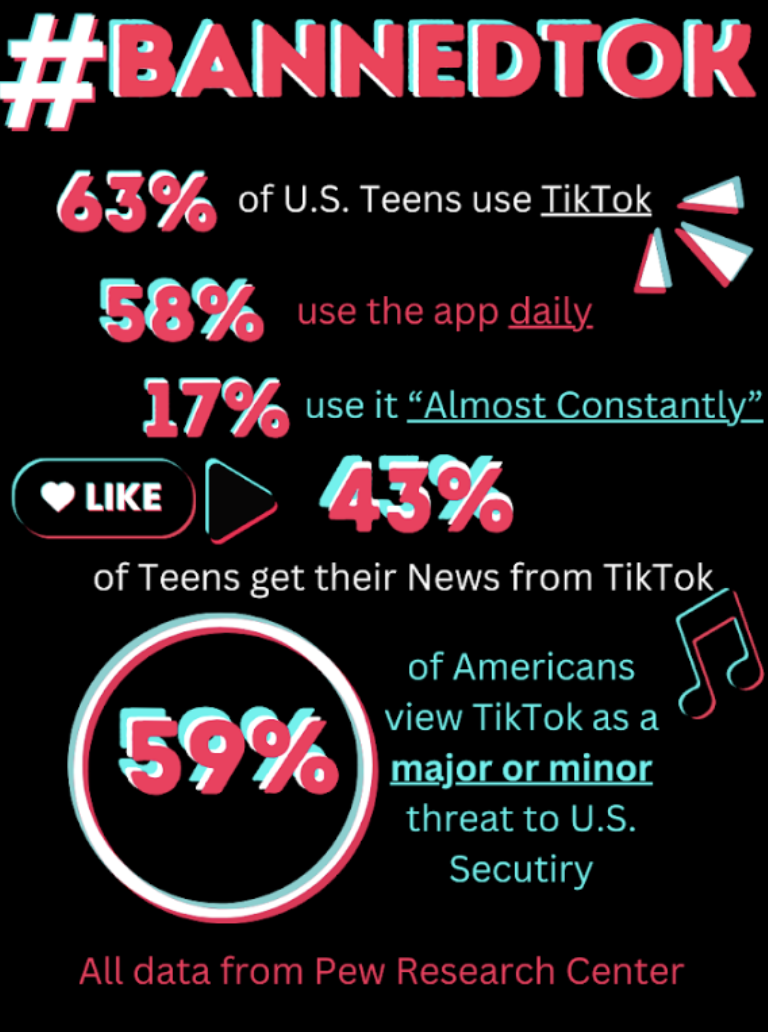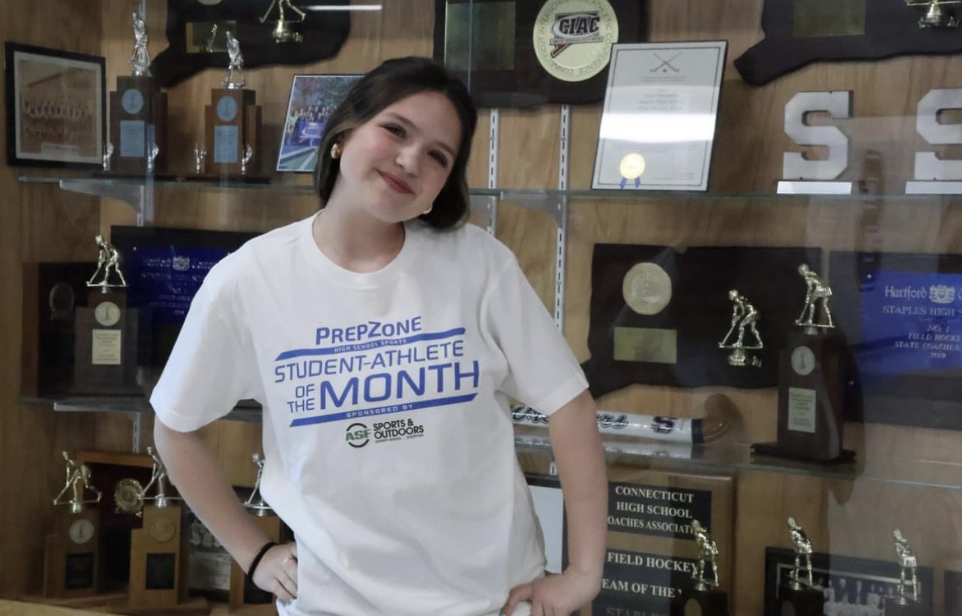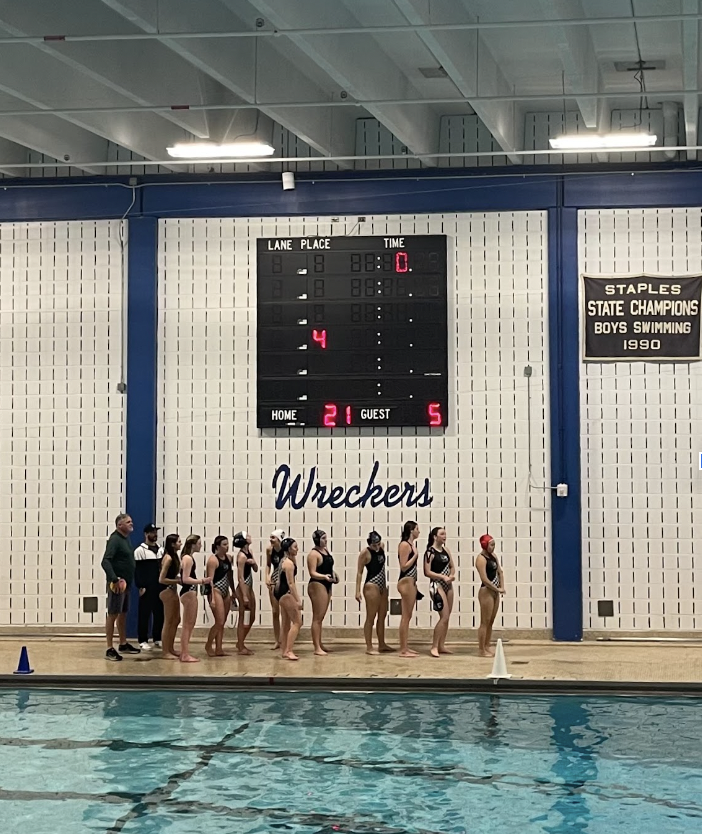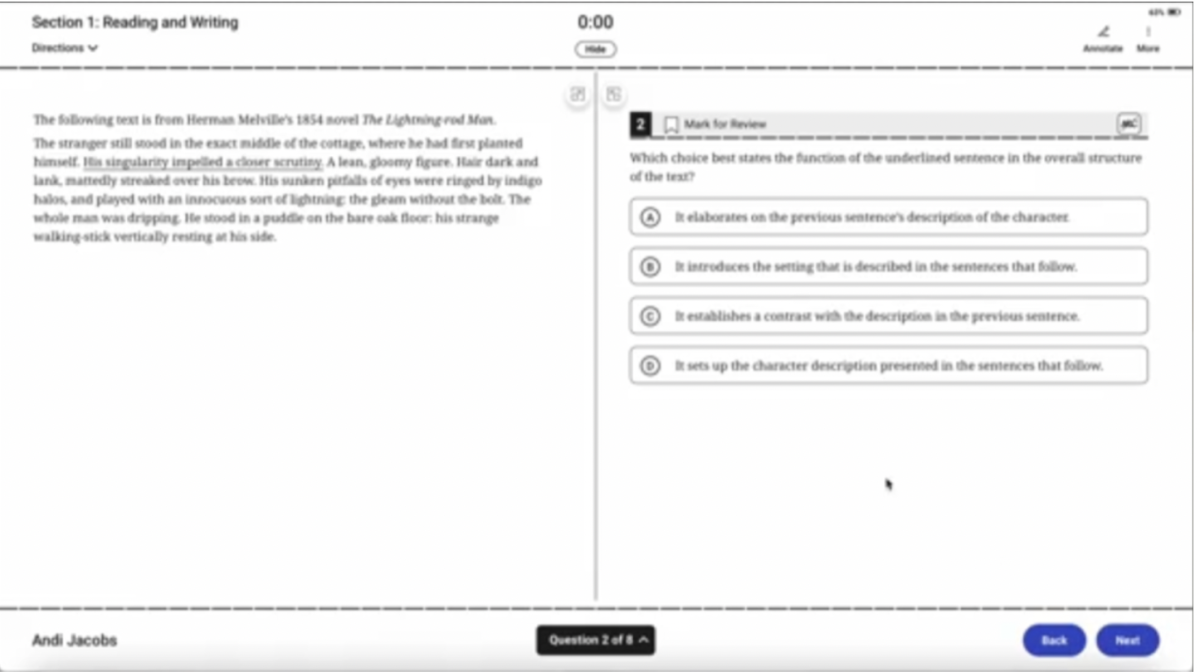The familiar blue and white of Home Access Center appears as a parent checks their child’s grade on the latest English paper—an analysis of “Romeo and Juliet.”
To their surprise, they see a worrying “75.00%.”
What does this parent decide to do? Do they talk to their child about it? Do they immediately e-mail the teacher about it? Do they call up the department head, demanding an in-person meeting? What should that parent do?
TALK TO THE TEACHER
One tip that James D’Amico, the 6-12 Social Studies Department Coordinator, gives to parents is to contact the teacher before going to any administrators. Whenever a parent comes to him, he asks them if they’ve spoken to the teacher already. For those that haven’t, he said that their reason for not doing so is generally that they fear retribution from the teachers, but he tries to assure them that they have nothing to fear, calling Staples teachers “very professional.”
Principal John Dodig agreed: “Do not be afraid to contact teachers,” he said.
BE HONEST
Math teacher Maggie Gomez stressed the importance of openness between parents and teachers.
“I try to be as honest and as positive as possible,” Gomez said.
Science teacher David Rollison agreed, noting that the earlier parents know about a problem, the less likely they are to reach their boiling point.
“The best defense is to never surprise the parent,” Dodig said. “When the parent looks you in the eyes and says, ‘If I had known, I would have done something,’ it’s hard to respond to them. They’re right.”
ONLINE GRADES
Both Dodig and Rollison said they believe making grades available online will reduce surprise. Rollison said that because the online grading system gives parents more information, he has recieved fewer and smoother phone calls.
Math teacher Trudy Denton echoed Rollison’s views: “Having grades available online takes away a lot of the mystery and the questions,” she said.
Yet online grades have gotten a more negative reaction from students, such as Blythe Lewis ’13, who feels that her parents are stricter because of the system.
“Before, my parents were pretty trusting that whatever happened over a quarter, the final quarter grades would be good,” Lewis said. “Now, I can’t do poorly on a single assignment because my parents can see it and will be worried about it. I found first semester infinitely more stressful because of this system.”
STUDENT INDEPENDENCE
At the end of the day, teachers and students agreed that students should leave high school mature enough to solve their own issues.
“Growing up is a process of letting go, and as parents, you learn that,” Denton said.
Gómez concurred: “[Most parents] realize that their students are going to college and they recognize the importance of letting them figure things out,” she said.
However, she prefers parents caring too much rather than not caring at all.
“My husband works in an inner-city school where there is little to no parent involvement, and the result is pretty sad, so I would prefer parent involvement,” Gomez added.
STUDENT RESILIENCE
Lisabeth Comm, Director of Secondary Education, stressed the importance of schools and parents alike in preparing their kids for the future both in academics and character.
“We need to teach kids to be resilient and to self-advocate,” Comm said.
Comm added that the best way parents can help their children is by encouraging them to solve their own problems by talking to the teachers themselves.
STUDENTS’ PERSPECTIVE
Unlike teachers who encourage parent-teacher relationships, some students have the opposite opinion.
Lewis said she wants to keep the relationship between her parents and teachers “minimal.”
“If I need to work something out with my teachers, I think that I’m mature enough to do so on my own,” Lewis said.
Lewis added that she understands underclassmen who rely on their parents.
Still, there are some underclassmen—like Sam Piccolino ’15—who echo Lewis’ thoughts.
“My mom always wants to talk to one teacher, but I never let her. I yell at her,” Piccolino said.
Underclassman Matt Kaye ’16 had the same viewpoint.
“My parents are expecting me to be more independent,” he said. “They care about school a lot, but they try to let the teachers do their job.”













































